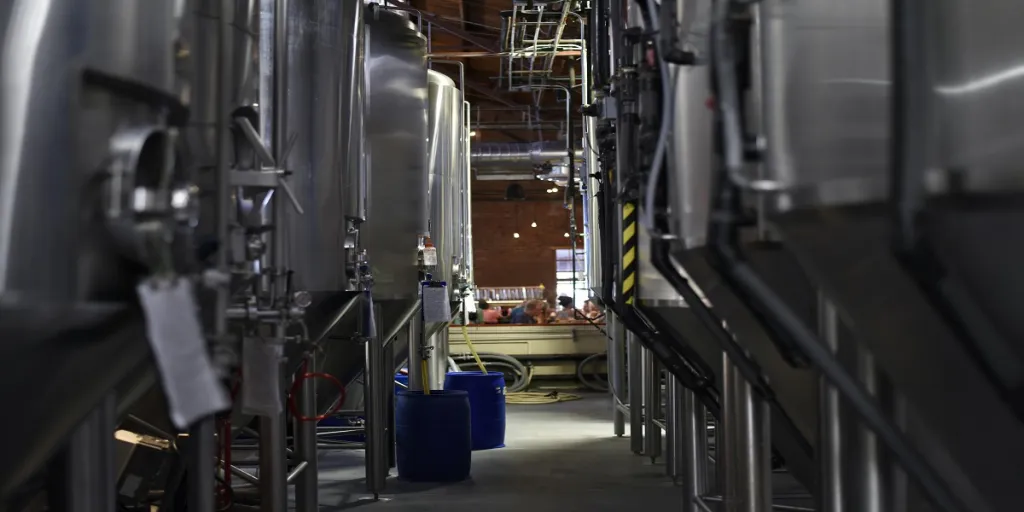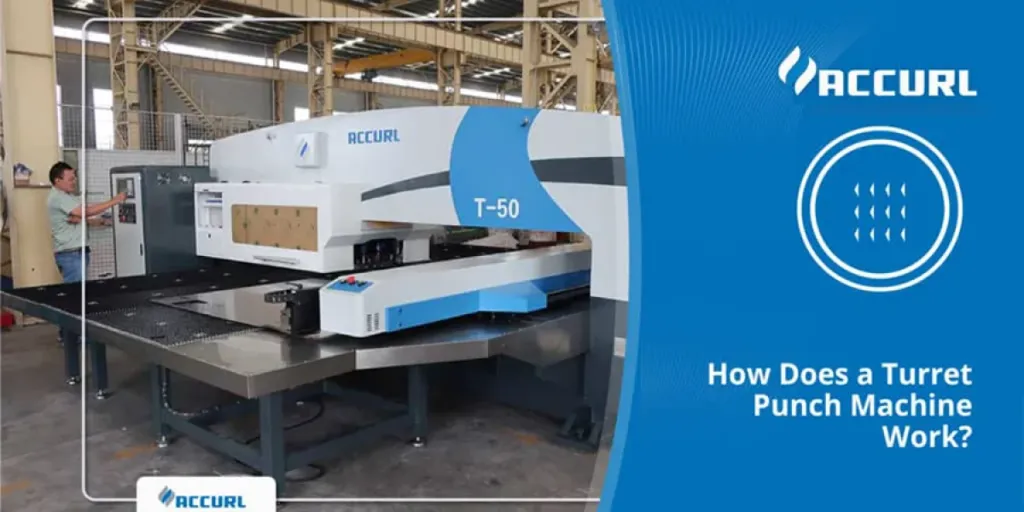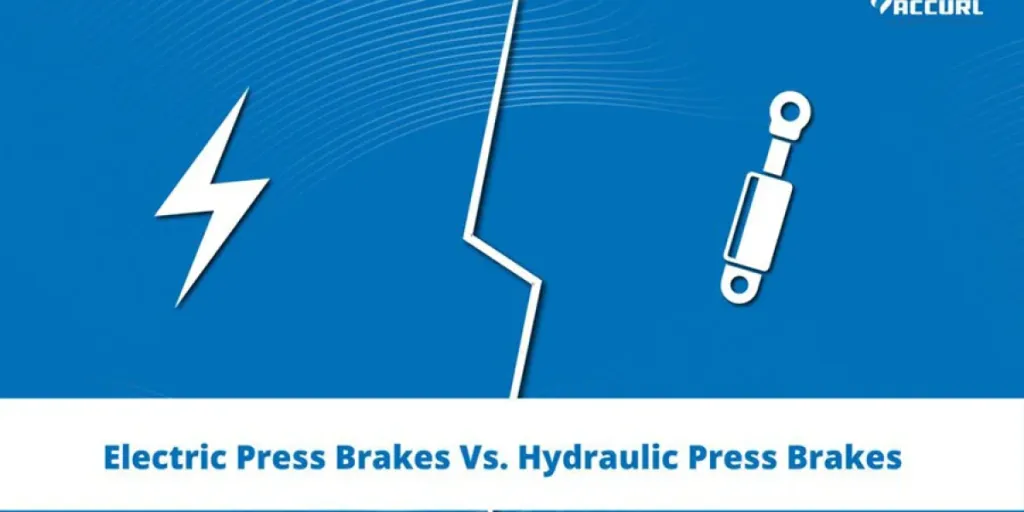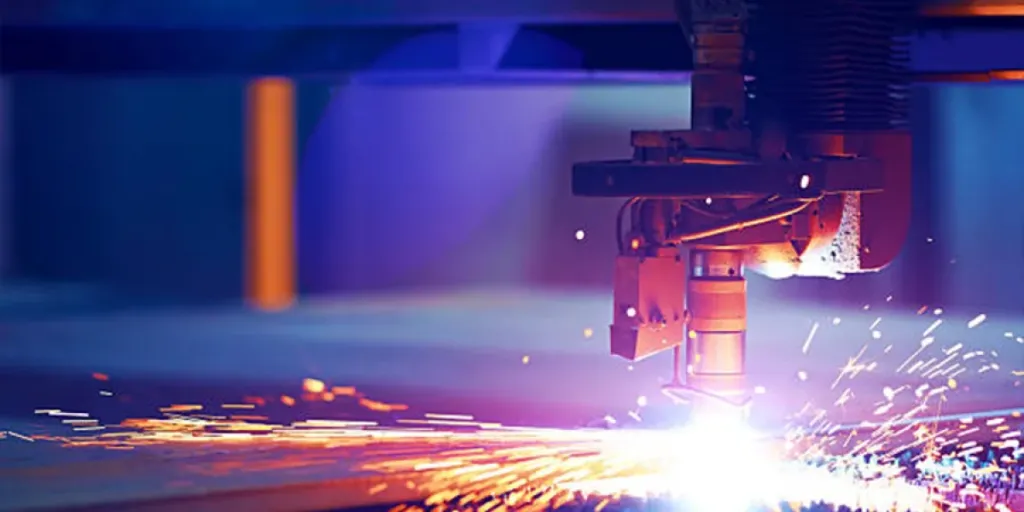The sales of used goods have been growing steadily alongside the sales of new products. Particularly in the manufacturing sector, the use of second-hand machinery provides a means for entrepreneurs and small business owners to diversify their production or venture into new industries without such steep overheads.
Given the steady popularity of second-hand machinery and industrial goods, and their value to smaller businesses, this article will help prospective buyers avoid some of the common pitfalls associated with buying used goods. If this sounds like something you’re interested in, read on to learn how shopping second-hand could be the best choice for your business.
Table of Contents
Why buy second-hand machinery
Mistakes to avoid when buying second-hand machinery
How to choose second-hand machinery
Final thoughts
Why buy second-hand machinery
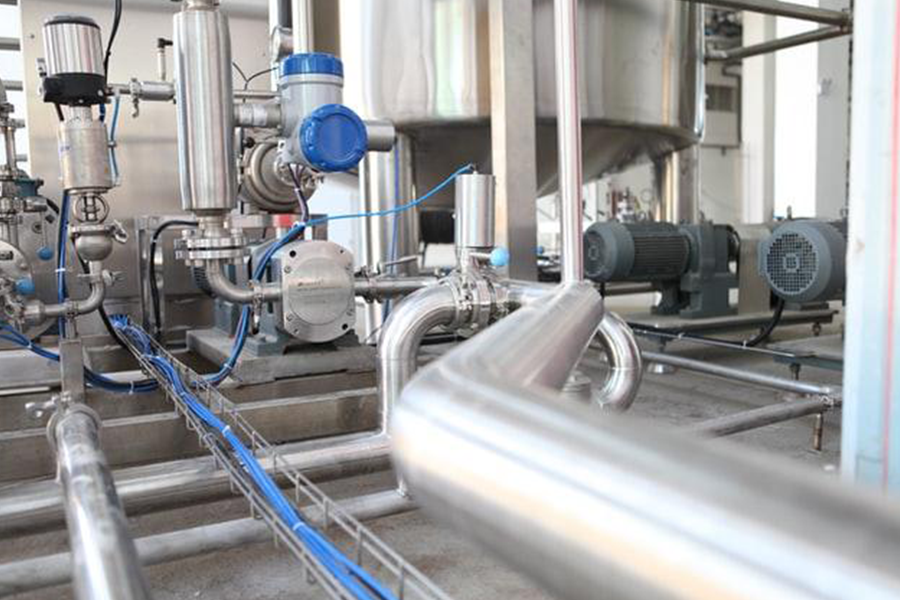
Whether running a large company or a small shop, second-hand machinery is certainly worth considering as an alternative to buying new. The decision rests on a number of factors. But for those struggling to decide, here are some of the key reasons why used machines may be just the solution you need.
Shorter lead time
Your existing machinery may stop working at any time, which would warrant a replacement. In this case, you might actually find it faster to order a second-hand replacement than ordering new models which may need to be shipped from abroad.
Reduced cost
With industrial equipment, the value of the machinery depreciates significantly when used in a factory. However, sometimes this drop in value doesn’t match the wear and tear on the machine. As a result, if you shop around carefully you can get “good as new” products at a significantly discounted rate.
Freedom to inspect
When buying second-hand machinery, you can ask for a physical inspection and a test run before commiting to a purchase. On the other hand, new equipment may get manufactured after you confirm your order. New products may also involve making a down payment, so in some cases there may be less risk when purchasing items second-hand.
Mistakes to avoid when buying second-hand machinery
One should ensure that you take the right precautions when purchasing second-hand goods, and this is especially the case with regard to industrial machinery. Here are a few points to pay particular attention to when shopping for used goods:
- Don’t compromise on functionality: While second-hand machinery can provide value for money, the second hand market can be quite limited. It’s very important that you select the machine that meets all your requirements, otherwise a new model may be worth the extra cost.
- Don’t ignore a careful inspection: Remember to pay close attention to inspections and test runs, and make sure the machinery is in a good and reliable condition. If you aren’t sure about how to inspect it properly, try to get an expert’s opinion on the matter.
- Don’t compromise on quality for price: Sure, cheaper equipment can be tempting. But opting for it can compromise on the quality and, in some cases, result in costing more when you factor in repair costs and time lost.
How to choose second-hand machinery
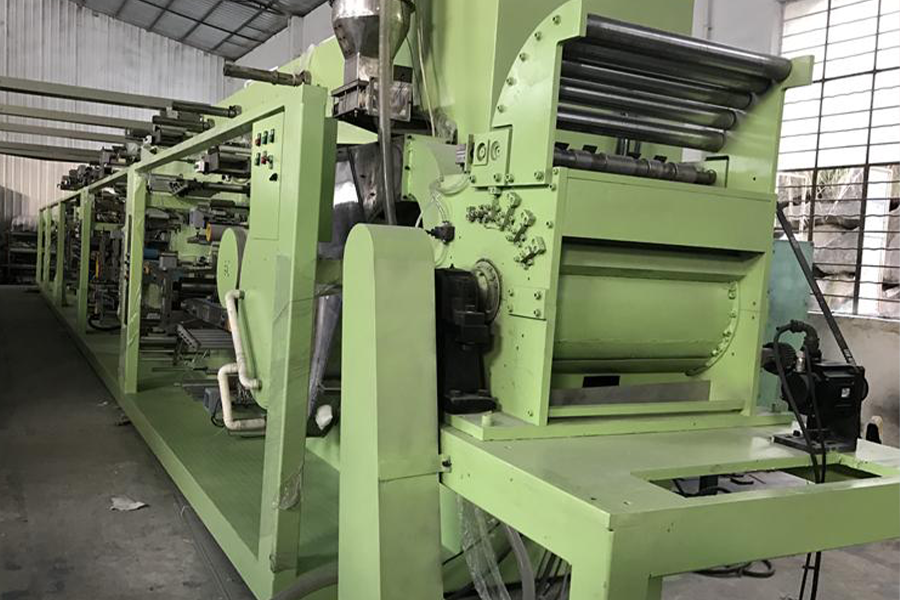
Below are some tips to help you choose second hand machinery:
Look at the specs
Machinery is expensive, even when you’re looking at used equipment. If you don’t want your money to go to waste, ensure the machine has all the features you’re looking for. Also, remember that you can find all available options on a used machine as on a brand-new one. So there’s no reason to compromise on something that does not match your needs.
Know what similar machines cost
Before making a final decision, ensure you’re well-informed about the machine you’re planning to buy. Do your research and obtain sufficient information regarding the price of similar machines — both new and used.
As mentioned earlier, the cost is one of the most important considerations to make when buying second-hand machinery. Take time to compare the specs of different machines and look at how the prices differ and consider carefully the features that each offers.
Compare with other competitive brands
When shopping for used goods you may have to compromise on brand loyalty. While you may have a preference for a particular brand, it’s a great idea to consider all available options to make the best choice. When you’re open to other comparable brands, you are less likely to overpay for a machine when there could be more affordable alternatives.
Assess the condition of the machine
Assessing the machine’s condition is perhaps the most important thing to do when looking at all your options. Even if the machine you find has all your desired features, it also needs to be in good working condition to be a worthwhile investment.
Also, if the machine you’re planning to buy has onboard electronics, it is best to check that they are still compatible and not obsolete. In addition to this, you should enquire about the number of hours the machine has worked. Alongside the age of the machine, this will provide insight into its current condition.
Inspect and test the machine
Online purchasing and sales are easier now, thanks to the internet. But, physical inspection of the machine is still extremely important. So, don’t forget to inspect and test the equipment before confirming your purchase. This will help ensure that the machinery matches the condition described by the seller.
Also remember that second hand equipment is not under the manufacturer’s guarantee. So the best way to avoid future hassle is to inspect and test the machine yourself.
Handle the transportation of the machine yourself
Rather than accepting the delivery services from the seller, it may be worth considering arranging your own transportation for the machine. Usually, suppliers of used goods may charge more than other transport services. So, you can save additional costs by handling the transportation by yourself.
Usage time of the machine
Last but not least, you should consider the usage time of any machine you’re planning to purchase. You can ask the seller about the equipment’s history to get an idea about how much it has been run in the past. If the machinery has been used for a long time, one should inspect it very carefully, or even avoid purchasing it all together.
Factors to consider when buying used construction machines
Consider the following factors when buying used construction machines:
- How it sounds
- How it drives
- How it hauls
- Past maintenance
- Operating time
- Depreciation and salvage value (which determine the value a tool retains after being used)
- Significant repairs (past repairs and ones you may need in the future)
- Current replacement needs before you can put the machinery to work
Factors to consider when buying used agriculture machines
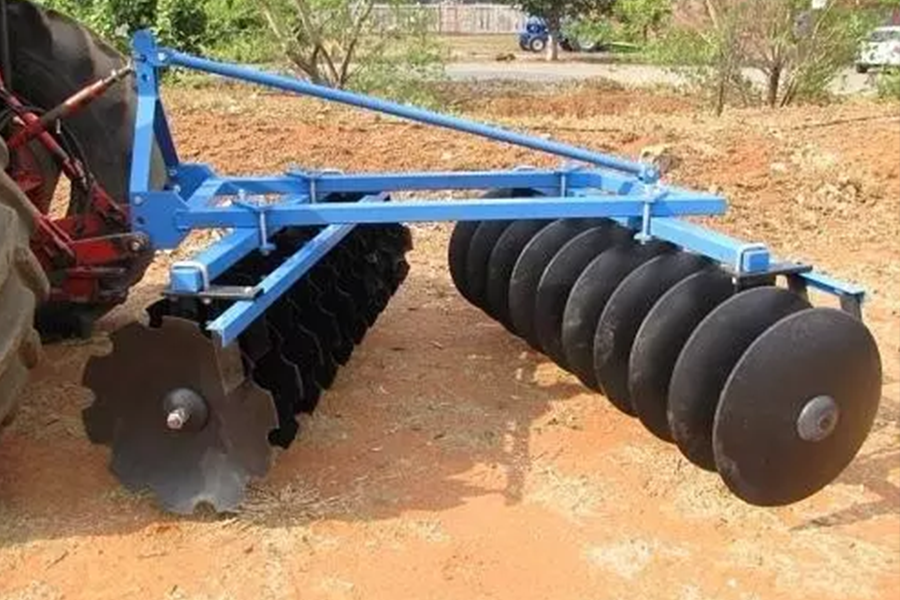
Consider the following factors when buying used agriculture machines:
- Available attachments (this helps determine how you can use it)
- Available features
- Mechanical issues
- Structural damage
- Cracks
- Corrosion
Factors to consider when buying used textile machines
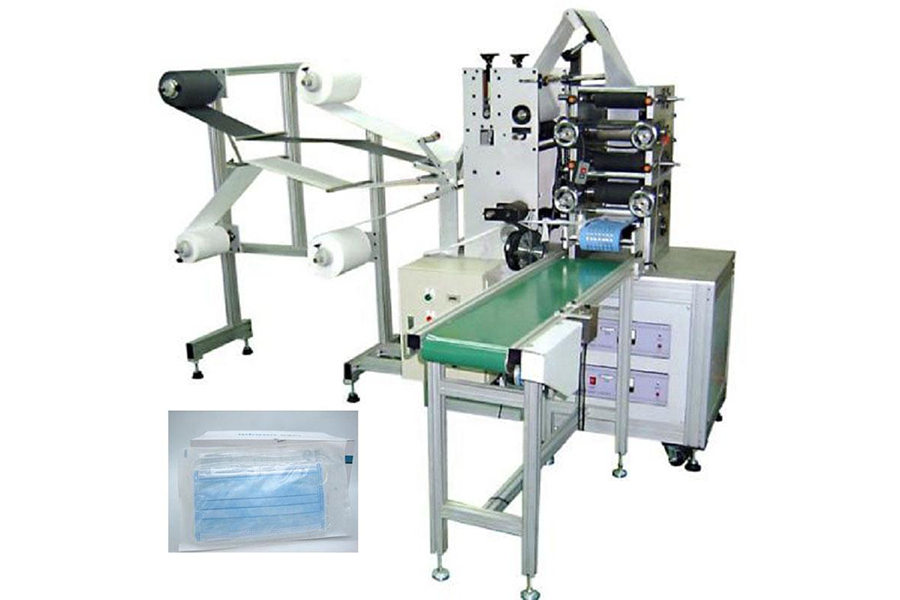
Consider the following factors when buying used textile machines:
- Accessories/peripherals (they may already be attached, or you might need to buy them separately)
- Additional features
- Type of facility it can be used in
- Skills required to operate the apparel machinery
Factors to consider when buying a used lathe machine
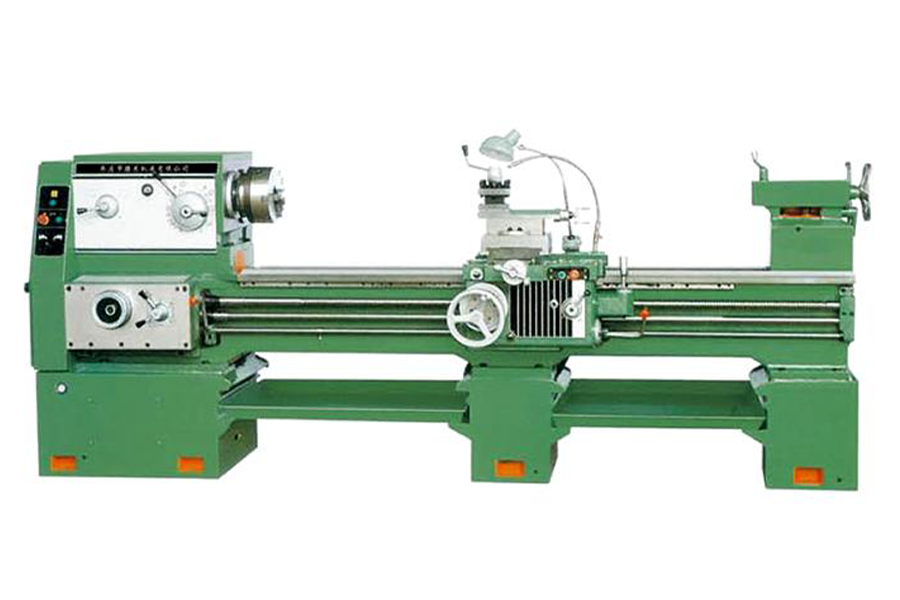
The following factors should be considered when buying used lathe machines.
- Have some prerequisite knowledge about the lathe machine
- Inspect lathe parts such as the carriage, lathe ways, headstock, and tailstock
- Check for the wear and tear of the machine
- Take note of the machine’s performance, such as the torque, horsepower, and spindle speed
Final Thoughts
Second-hand machines can run just as well as new machines if the previous buyer maintained them well. This means if you’re looking to expand your business, and are operating on a tight budget, it’s certainly worth considering what second-hand machinery can do for you. And with the key factors to consider when buying second-hand machinery listed above, you can be more confident when shopping on the used goods marketplace. If you think this is a viable option for you or your business, get started by checking out Alibaba.com for a great source of second-hand machinery listings.
